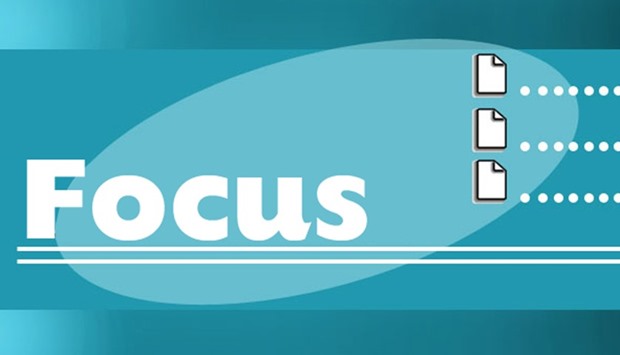Norway’s Statoil agreed yesterday to buy Petrobras’ stake in an exploration licence off Brazil for $2.5bn, a rare deal in an oil industry struggling with low prices.
The purchase of the 66% stake from Brazil’s state-led Petroleo Brasileiro (Petrobras) will help Statoil secure future production as output from its mature fields declines.
The deal, Statoil’s biggest in several years, will give it the bulk of oil and gas resources in the key Carcará field, one of the largest finds in the world in recent years, and bolster its future production abroad, the Norwegian firm said.
The sale is the first of a major offshore asset under Petrobras’ $15bn divestment programme.
Petrobras is selling assets in an attempt to cut its near $130bn of debt, the largest in the oil industry, finance expansion and revive investor confidence after a corruption scandal.
A 60% drop in oil prices since mid-2014 has restricted oil companies’ spending on new projects, although state-controlled Statoil is set to invest 117bn Norwegian crowns (13.7bn) in a first phase of the Johan Sverdrup field in the North Sea in the coming years.
Statoil estimates exploration licence BM-S-8, in which it has bought the stake, contains recoverable volumes of between 700 and 1,300mn barrels of oil equivalents (boe).
Exploration chief Tim Dodson told Reuters he expected production from Carcará to start in the mid-2020s.
“That’s good for us... because that means that there is limited...capital outlay up until 2020,” he added.
New fields will be important because output from Statoil’s mature fields is expected to decline after 2020, Dodson said.
The Carcará discovery extends beyond the limits of BM-S-8 into acreage Brazil’s government hopes to sell next year.
Statoil plans to take part in the bidding. Statoil’s partners in BM-S-8 will be Portugal’s Galp Energia SGPS (14%), Brazil’s QGEP SA (10%) and privately-owned Barra Energia do Brasil Petróleo e Gás (10%) backed by US investment funds Riverstone Holdings and First Reserve Corp.
The $2.5bn price tag looks reasonable, according to Swedbank analyst Teodor Sveen-Nielsen, given this is “a highly commercial world class discovery”. Carnegie analyst Kjetil Bakken said the timing for Statoil was good as Petrobras needs to sell assets at a time when there are few buyers.
Statoil’s Dodson said that, when closed, the deal would increase Statoil’s ratio of net debt to capital employed by about 1.5 percentage points.
It will have no impact on Statoil’s dividend policy, the firm’s finance chief told an investor call.
Petrobras said in a separate statement the deal was in line with its portfolio management policy “which is giving priority to investment in assets with greater potential for short term cash generation, capital optimisation and economies of scale.”
Half of the money will be paid on completing the deal, which is subject to partners’ and government approval, while the rest will be paid when certain milestones are met, Statoil said.

The logo of Statoil is seen during a company results presentation in London (file). Statoil agreed yesterday to buy Petrobras’ stake in an exploration licence off Brazil for $2.5bn, a rare deal in an oil industry struggling with low prices.
